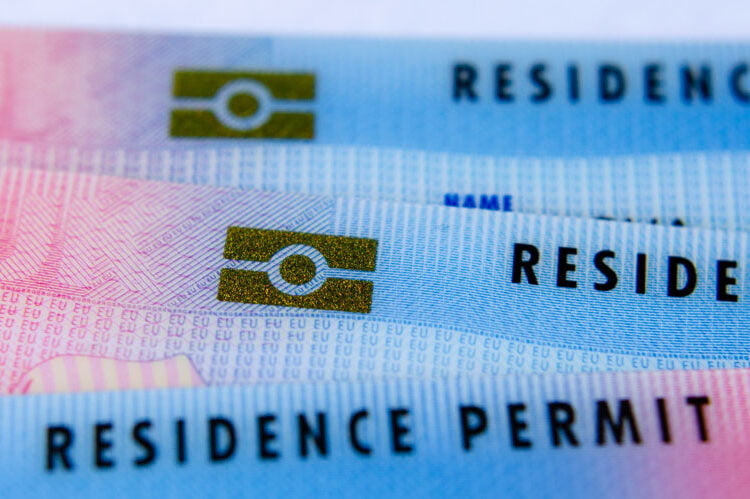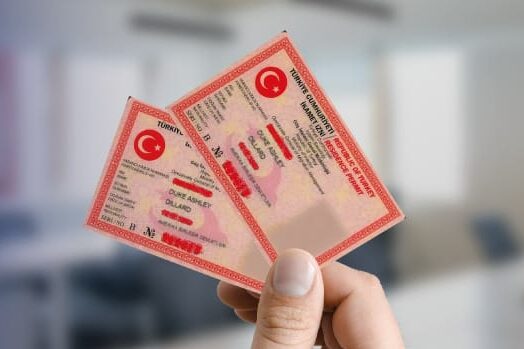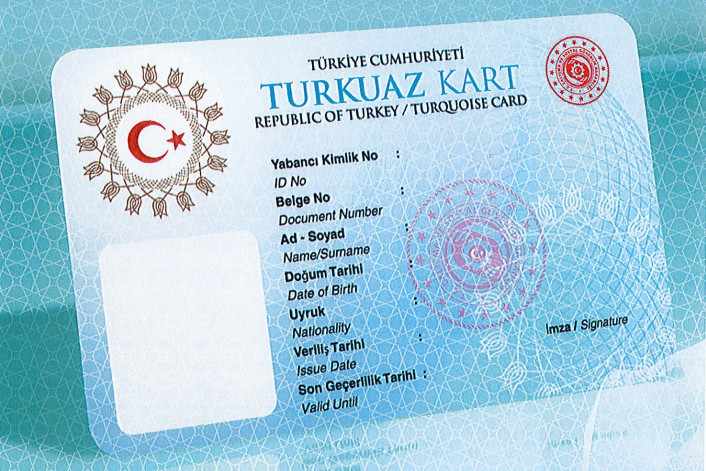Transferring to a Turkish university from abroad can seem like navigating a maze, but it doesn’t have to be. Studying in Turkey offers a vibrant experience rich in culture and education. For international students, Turkey is a melting pot that provides both modern campuses and age-old traditions. The process for Turkish university application may appear daunting, yet with the right guidance and information, you can join more than 650,000 fellow international students Turkey has welcomed. Gathering documents, meeting deadlines, and understanding the transfer procedures are key. Many students worry about living in Turkey due to cultural adjustments, but the hospitable environment and diverse communities make the transition smoother. As you embark on this journey to transfer to a Turkish university, remember it’s not merely about education. It’s about immersing yourself in a new world. Understanding these essentials early on can ease the process and set the stage for a rewarding adventure.
Navigating the Application Process for International Students
Navigating the Turkish university application process might seem intimidating, but it’s just like learning the first step in a dance. You’ll need to gather the right documents, such as transcripts, proof of language proficiency, and letters of recommendation. Some universities may ask for additional materials, like a statement of purpose. Timing is crucial. Make sure you meet all application deadlines—and don’t forget to verify these with individual universities. This journey of studying in Turkey requires diligence, but you’re not alone. Many students have stepped forward and embraced the educational and cultural richness Turkey offers. Remember, transferring to a Turkish university is more than assembling papers; it’s the start of a life chapter filled with new possibilities. Joining the community of international students in Turkey opens doors to unique experiences and lifelong friendships. Living in Turkey will bring new opportunities to learn and grow both academically and personally.
Getting ready to transfer to a Turkish university involves embracing a new checklist. Start with transcripts showcasing your academic journey. These will help universities assess your qualifications. Next, proof of language skills, whether it’s Turkish or English, depending on the program, becomes essential. A well-crafted statement of purpose can be your ticket to standing out. Don’t underestimate its power. Keep an eye on every deadline—missing one can be a costly mistake in the Turkish university application process. With thousands of international students in Turkey, you’re never treading alone. Other students have faced similar hurdles when seeking to study in Turkey. As you address these requirements, remember that living in Turkey will introduce an enriching cultural environment. The steps to transfer are just roads leading to your new campus life, a life that promises growth beyond textbooks, fostering global friendships and expanding horizons.
Transferring to a Turkish university demands a strategic approach, akin to assembling the pieces of a puzzle. As an international student, focusing on the Turkish university application process early will aid in reducing stress and maximizing preparedness. Begin by understanding each step, from initial research to the final submission. This clarity ensures you won’t miss key components, such as application fees or required documentation, which are crucial for success. It’s vital to recognize the importance of deadlines; these are your guiding stars. With commitment, international students in Turkey can achieve their academic dreams. Embrace each challenge as a step towards studying in Turkey, where academic and cultural growth await. Remember, the process is more than bureaucratic—it’s the gateway to a vibrant, diverse community. Living in Turkey will become a transformative experience, showing you that this journey, while demanding, is ultimately rewarding. Be prepared, be proactive, and let the adventure begin.
Understanding the Required Documentation and Eligibility Criteria
When planning your transfer to a Turkish university, understanding the required documentation is your first step. Each Turkish university application has its own list, but common essentials include academic transcripts, proof of language proficiency, and a valid passport. It’s like preparing a recipe; if you forget one ingredient, the outcome changes. Deadlines loom over international students Turkey lovingly hosts, so keeping a calendar handy is wise. It’s crucial to study in Turkey with eyes wide open, knowing that eligibility criteria can differ. Ensure you check the specific requirements for the program you desire. Some institutions may request a motivation letter or letters of recommendation. And while living in Turkey, embrace flexibility and patience as these processes unfold. Thorough preparation helps navigate through this essential phase, paving the path to your educational adventure in this captivating country.
Navigating the Turkish university application process requires a keen eye on eligibility criteria. As you prepare, remember that language proficiency is a cornerstone. Most universities demand proof through exams like TOEFL or IELTS, especially for international students Turkey observes. Imagine language as your ticket; without it, entry becomes a challenge. Now, there’s another layer: course-specific requirements. Some programs may insist on prerequisites, pushing you to gather earlier academic records, which must not be overlooked as you aim for transfer to Turkish university. While you study in Turkey, the reality of meeting admission rules becomes vivid. Double-check if your chosen institution requires additional credentials, such as standardized test scores or a personal interview. The picture of living in Turkey sharpens when you provide well-rounded, accurate documentation. Initiate early and double back often, for this preparation stage can heavily influence the success of your application journey.
Understanding eligibility isn’t just about ticking boxes; it’s piecing together your personal education puzzle. Turkish universities often require international students to prove their academic prowess through diplomas, transcripts, or certificates. It’s like showing your academic passport when you aim for a transfer to a Turkish university. For those who study in Turkey, learning the Turkish language might also become necessary, bridging cultural gaps and enriching your journey. While Turkish university application forms may seem straightforward, delve deeper. Specific courses sometimes require an additional flare—be it a portfolio or prior coursework proof. Living in Turkey, you’ll find the surroundings vibrant yet demanding. Thus, adhering to prerequisites eases your transition into this academic haven. Stay proactive about documentation to avoid last-minute hiccups. In essence, aligning with eligibility requirements clears the fog, setting a smooth path toward your goal of transferring as one of the many international students Turkey embraces.
Tips for Adapting to Academic Life in Turkey
Adapting to academic life after a transfer to a Turkish university is like stepping into a vibrant painting. Every stroke of the brush holds a new opportunity to learn and grow. Start by understanding the Turkish university application process—get your paperwork in order and be mindful of deadlines. Balance is vital; immerse yourself in studies but also embrace the rich culture surrounding you. Many international students in Turkey find solace and camaraderie through student clubs or by participating in local events. Studying in Turkey not only expands academic horizons but also offers a glimpse into its timeless traditions and evolving academic landscape. Remember, patience is key as you adjust to teaching styles that might differ from what you’re used to. And when living in Turkey, the warmth of its welcoming communities can turn initial culture shock into friendships that last a lifetime. Embrace the journey with an open heart and mind.
Professors in Turkey may offer a teaching style that is as diverse as the country’s landscapes. Engaging with them is crucial; ask questions, seek feedback, and attend office hours. Such interactions can illuminate your path through the Turkish university application process. Study in Turkey by connecting with peers to form study groups, a great way to deepen understanding and create bonds. Libraries here are more than quiet places—they’re gateways to knowledge and a quiet refuge amidst a bustling schedule. For international students in Turkey, navigating cultural nuances in academia can be both thrilling and challenging. Living in Turkey means dealing with language barriers from time to time, but embracing local phrases will enrich your experience. With patience and curiosity, adapting is less of a hurdle and more of a step into a new chapter. Each experience adds to your tapestry, weaving a connection only found through studying in a new land.
Diving into academic life in Turkey, think of it as planting seeds in fertile soil, ready to grow. Begin by familiarizing yourself with the Turkish university’s academic calendar and important academic dates. This helps streamline your experience when you transfer to a Turkish university. To better understand the Turkish university application and class dynamics, attend orientations or workshops designed for international students in Turkey. These sessions often reveal the rhythm of the academic life you’re stepping into. Mingle with fellow students who are living in Turkey, share meals, exchange stories—this is where you’ll find valuable advice and mutual understanding. Don’t forget the richness each tradition offers, intertwining with the curriculum and day-to-day life. From shared Turkish coffee moments to navigating coursework, every interaction can enhance your study in Turkey. Trust in this cultural immersion, and your journey will bloom in unexpected but rewarding ways.
Disclaimer: This article is for general informational purposes only and you are strongly advised to consult a professional to evaluate your personal situation. No liability is accepted that may arise from the use of the information in this article.





